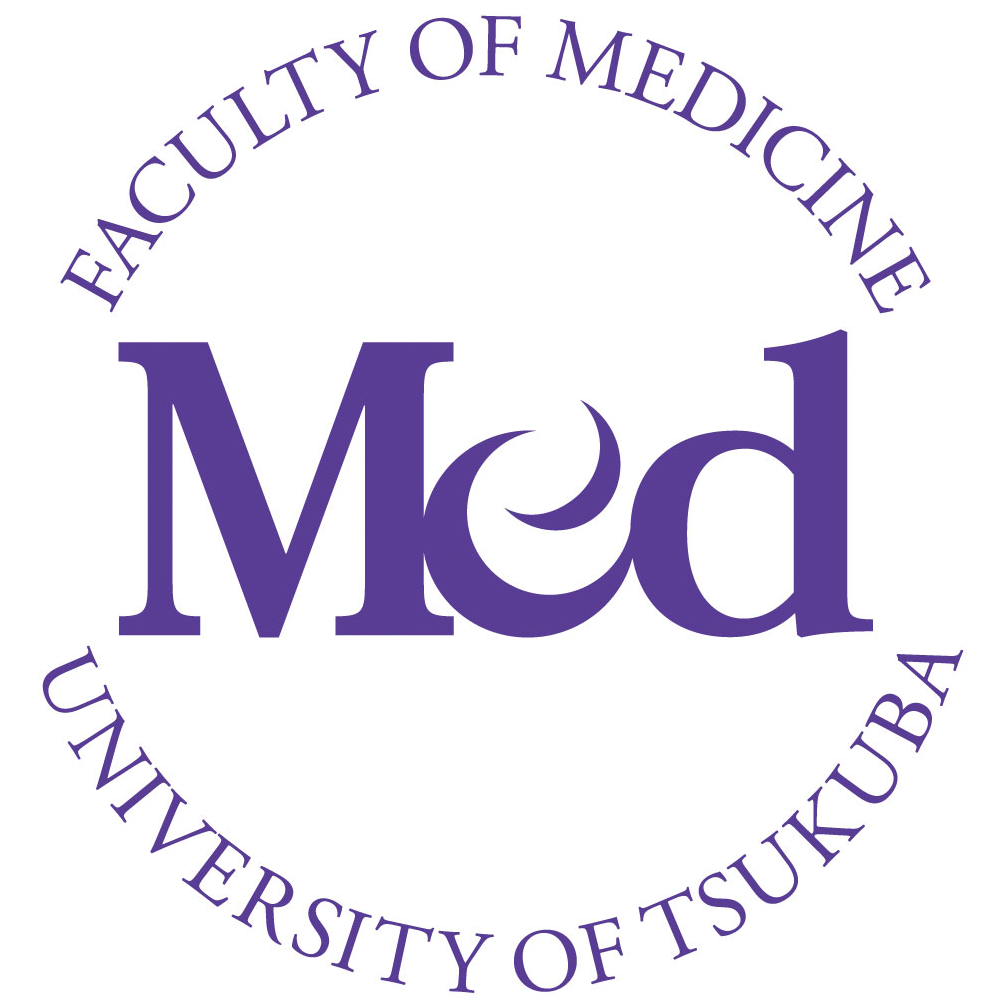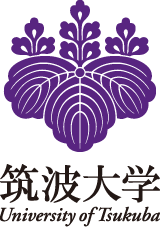TMRCについて Introduction
人類の活動圏の拡大と健康長寿社会への実現に向けた挑戦
トランスボーダー医学研究センター (TMRC)は、筑波大学医学医療系が主導する重点的な取り組みであり、世界最高レベルの基礎研究を行うことを目的として2016年に設立されました。
ヒトは、限られた遺伝資源を生存や種の維持につぎ込み、獲得と喪失のトレードオフを繰り返して環境に適応してきました。
そのため、ヒトは知能が顕著に発達しているものの、同等サイズの動物種の中では、筋力が大きく劣り、病原体に感染しやすく、老化しやすい動物種です。
私たちは、人類が現在使用できていない生理機能を(再)拡張するための基盤的な分子機構を理解し、介入技術を開発することで、健康長寿社会を実現します。
また、宇宙環境など、人類にとって未知のストレスへの適応を可能にし、人類の活動圏の拡大にも貢献することをめざします。
Advanced Biomedical Research in Tsukuba, Japan
Transborder Medical Research Center (TMRC) is a proactive, high level biomedical research initiative led by Japan's University of Tsukuba, Faculty of Medicine. We combine diverse fields of research and collaborate with highly recognised research organizations involved in some of Japan's most important and pressing precision medicine and pre-onset disease control issues.
TMRC increases the opportunity for focused advancements and discovery across complex fields of science. Our center's specific laboratory and collaboration arrangement encourages high level research and collaboration across biomedical science fields and works to reduce barriers which often inhibit opportunity for research and discovery. TMRC discovers both from within and between differing complex research fields, to release even greater potential for important break-throughs and success.
We pursue answers to high priority research questions in biomedicine. Most importantly, we add value to society by discovering new knowledge and bettering the world's understanding of advanced biomedical science, for a better and healthier future for all.

研究分野Research
TMRCの5部門と14研究分野の設置により、主に次の研究を推進します。
- ヒト生理機能に関連した遺伝子発現や代謝機能の3次元アトラス構築をめざしたマルチスケールオミクス解析
- 宇宙環境など極限環境における身体的・精神的ストレス下でのヒト機能の変動解析
- マルチスケールオミクス解析によって得られた知見を検証可能な動物実験モデルの開発
- 細胞プロセシング技術や低分子医薬品、代謝物などの技術開発による介入技術開発
TMRC's arrangement of Divisions and laboratories allows effective integration and collaboration across diverse pillars of complex biomedical research. This improves access to relevant research resources and know-how critical to our aims for advanced biomedical discovery and success in understanding and eliminating important disease conditions affecting society.



